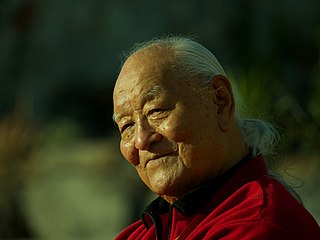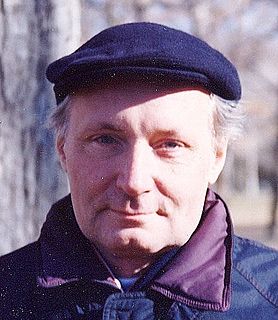A Quote by Hilary Kornblith
The experimentalists think that we can only get at our concepts by way of empirical investigation, while the armchair philosophers think that we can skip the experiments and figure things out from our armchairs. What they have in common, however, is regarding our concepts as the targets of philosophical theorising, and I just don't think that, in the vast majority of cases, the subject matter of philosophy has our concepts as its target.
Related Quotes
The kind of approach I take is different from much of experimental philosophy. Although the experimental philosophers and I are certainly in agreement about the relevance of empirical work to philosophy, a good deal of their work is devoted to understanding features of our folk concepts, and in this respect, at least, I see them as making the same mistake as those armchair philosophers who are interested in conceptual analysis.
Our actual lives, including our values, our social relations, our self-conceptions, and many of our concepts, are pervasively shaped both by the knowledge and by the fact that we will someday die - that we are subject to extreme temporal scarcity. There is no reason to think that, if we were immortal, the same things would continue to matter to us. We have little or no idea what, if anything, would matter to immortal beings, or even how such beings would think of themselves.
It is generally believed that our science is empirical and that we draw our concepts and our mathematical constructs from the empirical data. If this were the whole truth, we should, when entering into a new field, introduce only such quantities as can directly be observed, and formulate natural laws only by means of these quantities.
Duality is the real root of our suffering and of all our conflicts. All our concepts and beliefs, no matter how profound they may seem, are like nets which trap us in dualism. When we discover our limits we have to try to overcome them, untying ourselves from whatever type of religious, political, or social conviction may contain us. We have to abandon such concepts as 'enlightenment', 'the nature of the mind', and so on, until we no longer neglect to integrate our knowledge with our actual existence.
The progress of science has always been the result of a close interplay between our concepts of the universe and our observations on nature. The former can only evolve out of the latter and yet the latter is also conditioned greatly by the former. Thus in our exploration of nature, the interplay between our concepts and our observations may sometimes lead to totally unexpected aspects among already familiar phenomena.
The Most Secret Quintessence of Life is an original work filled with rich, new research, relying on important primary literature which has not, until now, been plumbed and digested. In this book, Chandak Sengoopta offers both a history of hormone discovery and a chronicle of how this discovery transformed our concepts of the body and how our existing concepts of sex and sexuality, in turn, informed our concepts for understanding hormones.
One of the goals of scientific theorising is to develop concepts which are adequate to the phenomena under study. In my view, things should work the same way in epistemology. We want to know what knowledge actually amounts to, not what our folk concept of knowledge is, since, just as with our pretheoretical concept of acidity, it might contain all sorts of misunderstandings and leave out all manner of important things.
The great masquerade of evil has played havoc with all our ethical concepts. For evil to appear disguised as light, charity, historical necessity, or social justice is quite bewildering to anyone brought up on our traditional ethical concepts, while for the Christian who bases his life on the Bible, it merely confirms the fundamental wickedness of evil.
Logical investigations can obviously be a useful tool for philosophy. They must, however, be informed by a sensitivity to the philosophical significance of the formalism and by a generous admixture of common sense, as well as a thorough understanding both of the basic concepts and of the technical details of the formal material used. It should not be supposed that the formalism can grind out philosophical results in a manner beyond the capacity of ordinary philosophical reasoning. There is no mathematical substitute for philosophy.





























